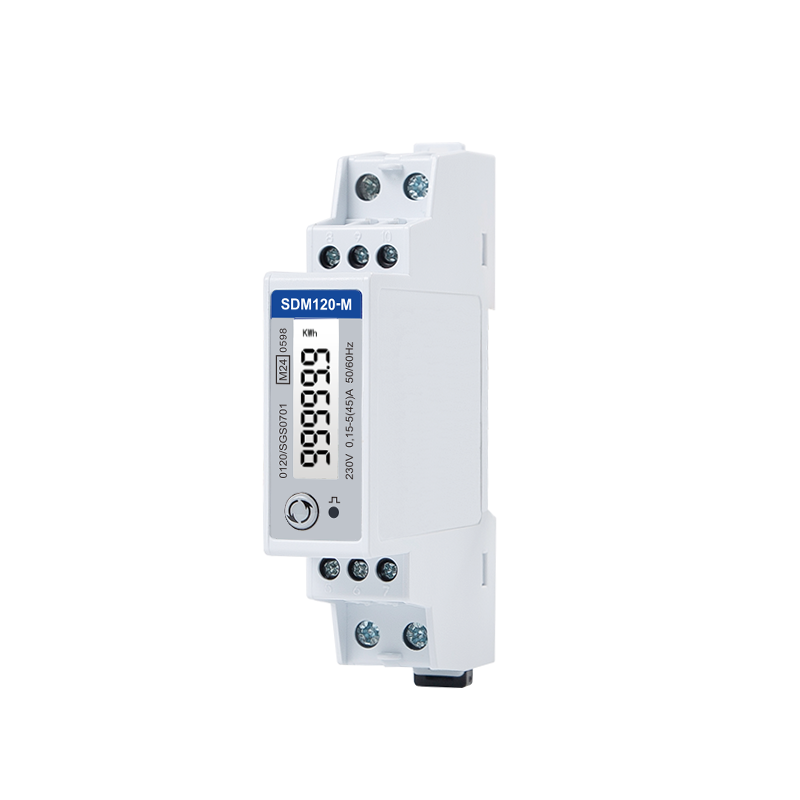Product Consultation
Your email address will not be published. Required fields are marked *
EV charging metering plays a crucial role in optimizing energy use in several ways, primarily by enabling efficient management of charging stations and integration with grid dynamics. Here’s how EV charging metering contributes to energy optimization:
Load Management and Peak Shaving:
Demand Response Programs: EV charging metering systems can participate in demand response programs. They adjust charging rates or schedules based on signals from utilities to alleviate peak demand periods, reducing stress on the grid and minimizing electricity costs during peak times.
Dynamic Load Balancing: Metering systems monitor charging station loads in real-time. They can distribute charging load evenly across stations and adjust charging rates dynamically to avoid overloading circuits and infrastructure.
Optimized Charging Schedules:
Time-of-Use (TOU) Tariffs: EV charging metering enables implementation of TOU tariffs, where electricity prices vary based on demand and time of day. Users can schedule charging during off-peak hours when electricity rates are lower, encouraging energy consumption when renewable sources are more abundant.
Smart Charging Algorithms: Advanced metering systems employ smart algorithms to optimize charging schedules based on user preferences, grid conditions, and energy availability. This minimizes costs and enhances grid stability by aligning charging patterns with renewable energy generation peaks.

Energy Efficiency and Grid Integration:
Grid-Friendly Charging: Metering systems facilitate grid-friendly charging practices. They prioritize renewable energy utilization by aligning charging sessions with periods of high renewable energy availability, reducing reliance on fossil fuels and greenhouse gas emissions.
Energy Analytics: Data analytics from metering systems provide insights into energy consumption patterns and charging behaviors. Operators can identify opportunities for energy efficiency improvements, such as upgrading equipment or adjusting operational strategies.
User Awareness and Behavior Modification:
Real-Time Feedback: EV drivers receive real-time information on charging costs and energy consumption through metering systems. This transparency empowers users to make informed decisions, such as adjusting charging behaviors to optimize energy use and reduce costs.
Incentives for Efficiency: Some metering systems offer incentives or rewards for users who adopt energy-efficient charging practices. This encourages behaviors like slow charging or using public chargers during off-peak hours.
Regulatory Compliance and Reporting:
Compliance Requirements: Metering systems ensure compliance with regulatory standards for energy consumption monitoring and reporting. They provide accurate data on electricity usage for billing, regulatory reporting, and environmental impact assessments.
EV charging metering enhances energy optimization by promoting efficient use of resources, integrating renewable energy sources, managing peak demand, and empowering users and operators with data-driven insights and control over charging activities. These capabilities are essential for creating a sustainable and resilient electric vehicle charging infrastructure.
Your email address will not be published. Required fields are marked *
We develop and produce high performance electricity meters, power analyzers, current sensors, communication modules and management systems. China Custom Smart Meters Manufacturers and Factory
Address:NO 52, Dongjin Road, Nanhu, Jiaxing, Zhejiang, China
Copyright @ Eastron Electronic Co., Ltd. All rights reserved Electricity Meters Manufacturers
